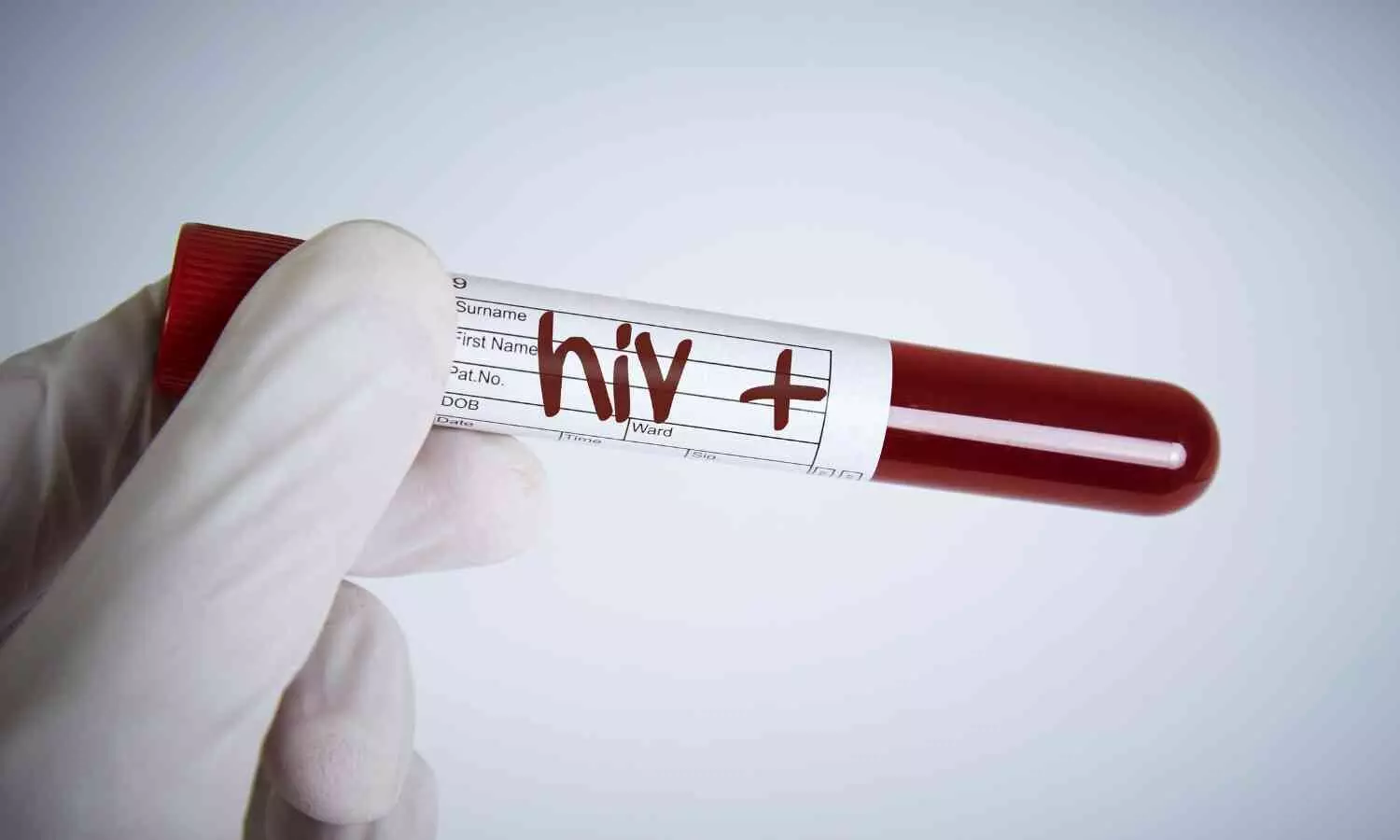India Sees 44% Decrease in Annual HIV Infections Since 2010, Reports MoS Health

New Delhi: India has made significant strides in combating HIV/AIDS, with annual HIV infections decreasing by 44 percent since 2010, according to Anupriya Singh Patel, Union Minister of State for Health and Family Welfare. Addressing a high-level side event at the UN, Patel stated that India has outperformed the global reduction rate of 39 percent.
The Minister reaffirmed India's commitment to achieving the UN Sustainable Development Goal (SDG) of eliminating HIV/AIDS as a public health threat by 2030. She outlined the country's progress and key strategies in the ongoing battle against HIV/AIDS, including the 5th phase of the National AIDS and STD Control Programme (2021-2026), which is fully funded by the government.
Recent data from the India HIV Estimations 2023 report indicate that more than 2.5 million people are living with HIV in India. However, thanks to concerted efforts, the adult HIV prevalence stands at 0.2 percent, with estimated annual new infections around 66,400. “India has made great strides in combating HIV/AIDS through innovative programmes and robust partnerships,” Patel noted.
These initiatives include youth awareness campaigns like Red Ribbon Clubs in educational institutions and mass awareness activities such as the annual RED RUN Marathon. “India offers comprehensive HIV and Syphilis testing to all pregnant women, with more than 30 million free HIV tests being conducted annually,” she added.
Furthermore, India's public healthcare systems provide free Antiretroviral Therapy (ART) to “more than 1.7 million people.” The MoS highlighted India’s role as the world's largest supplier of antiretroviral drugs, accounting for over 70 percent, to ensure affordable access for nations in need. "We are proud to contribute to the global fight against HIV/AIDS by making quality treatment accessible worldwide," Patel stated.
The country has also made efforts to combat stigma surrounding HIV, implementing the HIV and AIDS (Prevention and Control) Act 2017, which “ensures that all Indian states appoint ombudsmen to handle grievances and promote HIV prevention policies,” as per Patel.
In addition, she emphasized that “India’s approach to integrating national health programmes, including efforts to tackle tuberculosis, viral hepatitis, and non-communicable diseases, is helping address comorbidities faced by people living with HIV.” The Minister called for continued global cooperation to “strengthen the fight against HIV/AIDS and build a healthier world for all,” as reported by IANS.


